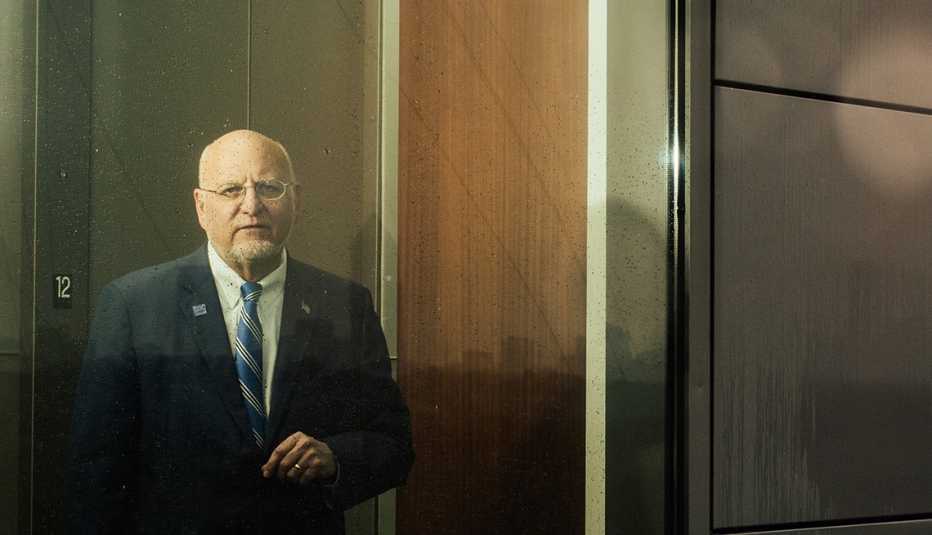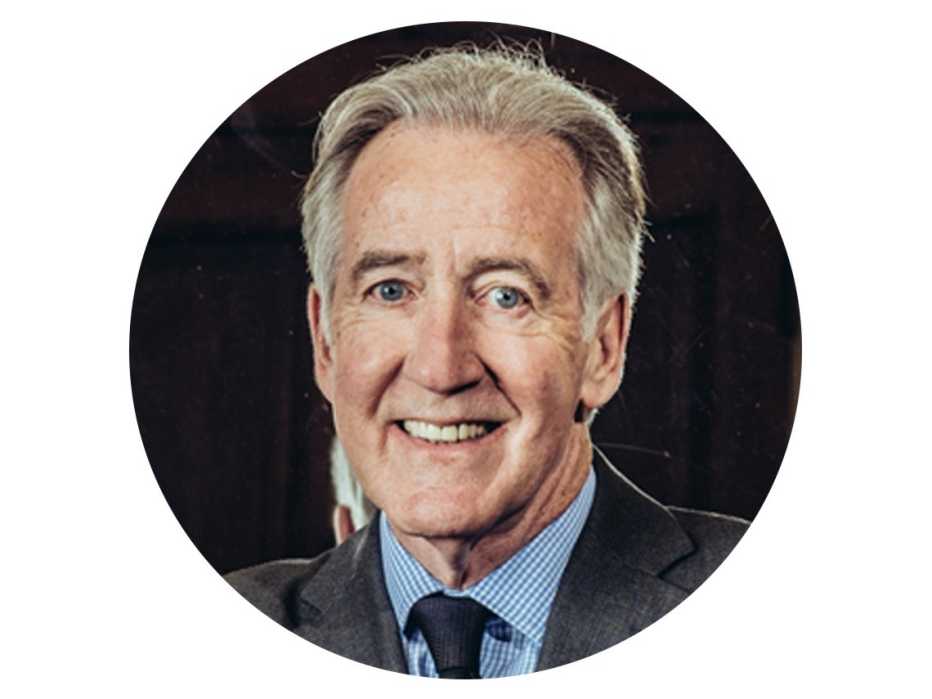Staying Fit


Responsibilities: As director of the CDC, Redfield oversees more than 12,000 employees across the U.S. and the world. He is responsible for controlling and managing major epidemics, maintaining national health data, promoting the public health and protecting the safety of the country's food and water supplies. The CDC's disease prevention efforts include educating the public on how to recognize and avoid common infectious diseases, such as the flu.
Current priorities: Combating opioid abuse; eliminating diseases when possible, especially HIV/AIDS and those that can be prevented by vaccine; optimizing global health security and preparedness efforts; and preventing suicide.


AARP Membership— $12 for your first year when you sign up for Automatic Renewal
Get instant access to members-only products and hundreds of discounts, a free second membership, and a subscription to AARP the Magazine.
Background: Redfield grew up in a house steeped in medicine and health. Both his parents were National Institutes of Health scientists, and his mother continued to work at NIH until she was in her late 70s. After graduating from Georgetown University School of Medicine, Redfield spent two decades at Walter Reed Army Medical Center, where he specialized in researching and treating HIV/AIDS and other infectious diseases. He retired from the U.S. Army Medical Corps in 1996 with the rank of colonel and then cofounded the University of Maryland's Institute of Human Virology and served as chief of infectious diseases and vice chair of medicine at the university's School of Medicine. He was appointed CDC director in March 2018.
What he says:
At A Glance
Age: 67
Hometown: Bethesda, Md.
Time in office: Sworn in March 26, 2018
Personal: Married with five children, two of whom are doctors
On becoming CDC director: “The biggest challenge for me was to be able to accept the reality that when I took this job, I was no longer going to be able to practice medicine. I felt that wasn't going to be fair to patients."
On increasing the vaccination rate: “I would like to get the American public to change their hearts and minds about vaccination. Vaccination is the most powerful tool we have to eliminate disease and is the only tool we have to eradicate disease. One of the things that bothers me the most is when we leave science on the shelf. Not taking full advantage of vaccination is leaving science on the shelf."
On brain health: “Clearly, Alzheimer's and related dementias are a challenge for the older age group. Early diagnosis is key to helping people and their families cope with loss of memory, navigate the health care system and plan for their care in the future.”


































































More on politics-society
Get Yourself Ready for the 2020 Election
Expect rough-and-tumble campaigns in which issues take a back seat and social media dominates